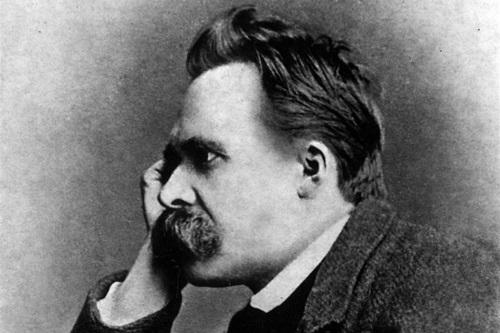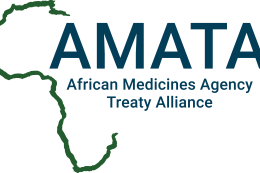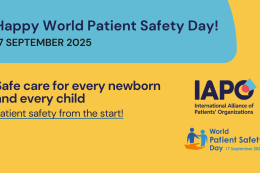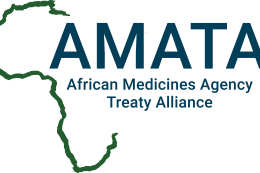‘That which does not kill us makes us stronger’

Inappropriate prescription of antibiotics by doctors and poor compliance by patients (not taking the correct dose, or abandoning the complete course) has led to ineffective elimination of infections, with surviving microbes developing drug resistance. What didn’t kill them made them stronger!
Antimicrobial resistance (AMR) is such a threat to human security that the British General Medical Council is now thinking of making mis- prescribing doctors face sanctions.
A global threat
The global threat is that many of these microbes are quickly developing resistance to many of the antibiotics. These super-bugs have developed multi drug resistance and we are running out of solutions and drugs to counter them. The apocalyptic vision is that one day ALL the microbes will be resistant to ALL the anti-microbial drugs!
At the core of this debate, the actions of patients in perpetuating the AMR risk have not escaped notice. Forceful patients, almost “addicted” to getting antibiotics, and “soft-touch” doctors succumbing to their pressure, is clearly a departure from patient-centred healthcare.
Calling for change without pointing fingers
Taking lead from more moderate opinion, the Royal College of GPs is calling for a societal change without finger pointing at anyone. This is a classic patient and physician partnership problem and sits at the heart of patient-centred care. Both sides have an obligation to reduce AMR risk through responsible prescription and use.
In March 2015, the UK Government and the Wellcome Trust announced a £195 million research fund to support the discovery of new antibiotics. This call was reinforced at the World Health Assembly in May 2015 when Professor Sally Davis, the Chief Medical Officer for England, called on WHO Member States to join forces with the UK on this global effort.
Patients should be taking a lead on this debate. We would love to hear what you have to say on the issue.



